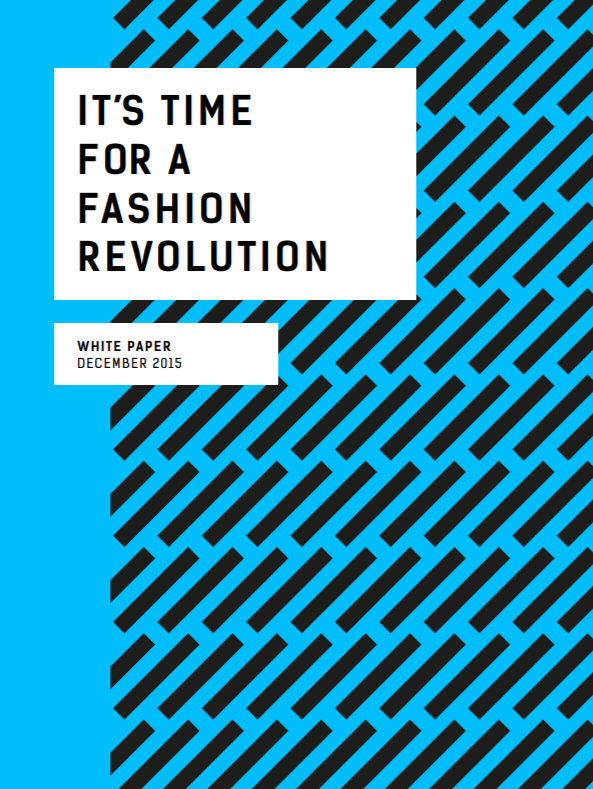Barking & Dagenham Hub Impact Report 2022
PublicationsThis report studied the impact of the Freewheel by Ride For Freedom programme on survivors of modern slavery in Barking & Dagenham, East London. The programme provides the survivors with a bicycle, accessories and cycling proficiency and road aw...Read More

